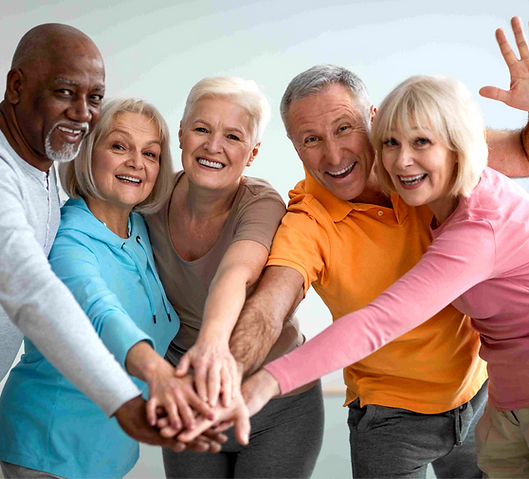
Active Aging Wellness
Powering Your Health
Safe, fun and effective programs to build strength, balance, and confidence

Your Trusted Resource for Senior Health & Wellness
Empowering seniors to embrace a healthier, more active lifestyle
Muscle, The Organ Of Longevity


What Can You Expect With Improved Lifestyle
Better health in later years means staying active, sharp, and socially engaged. Enjoy more energy, better sleep, fewer doctor visits, and lasting independence-adding life to your years, not just years to your life.
-
Move with Confidence - regain strength, balance and flexibility for everyday life.
-
Feel Energized - boost your health with smarter nutrition, hydration, and exercise.
-
Stay Independent - enjoy a longer, more active life with fewer limittions.
Common Misconceptions About Aging
Many people make assumptions about aging, what it is like to grow “old,” and how older age will affect them. But as we get older, it is important to understand the positive aspects of aging as well as its challenges. Research has shown that most individuals can help preserve their health and mobility as they age by adopting or continuing healthy habits and lifestyle choices.
-
Myth: "Strength training is unsafe after 65".
Fact: With proper guidance, it's one of the best ways to protect joints, bones, and balance.
-
Myth: "Soreness means I overdid it".
Fact: Light soreness = adaptation; sharp/persistent pain is a red flag-adjust, don't quit.
-
Myth: "Walking is enough."
Fact: Great for heart health, but add resistance, balance, and power to stay strong and independent.
